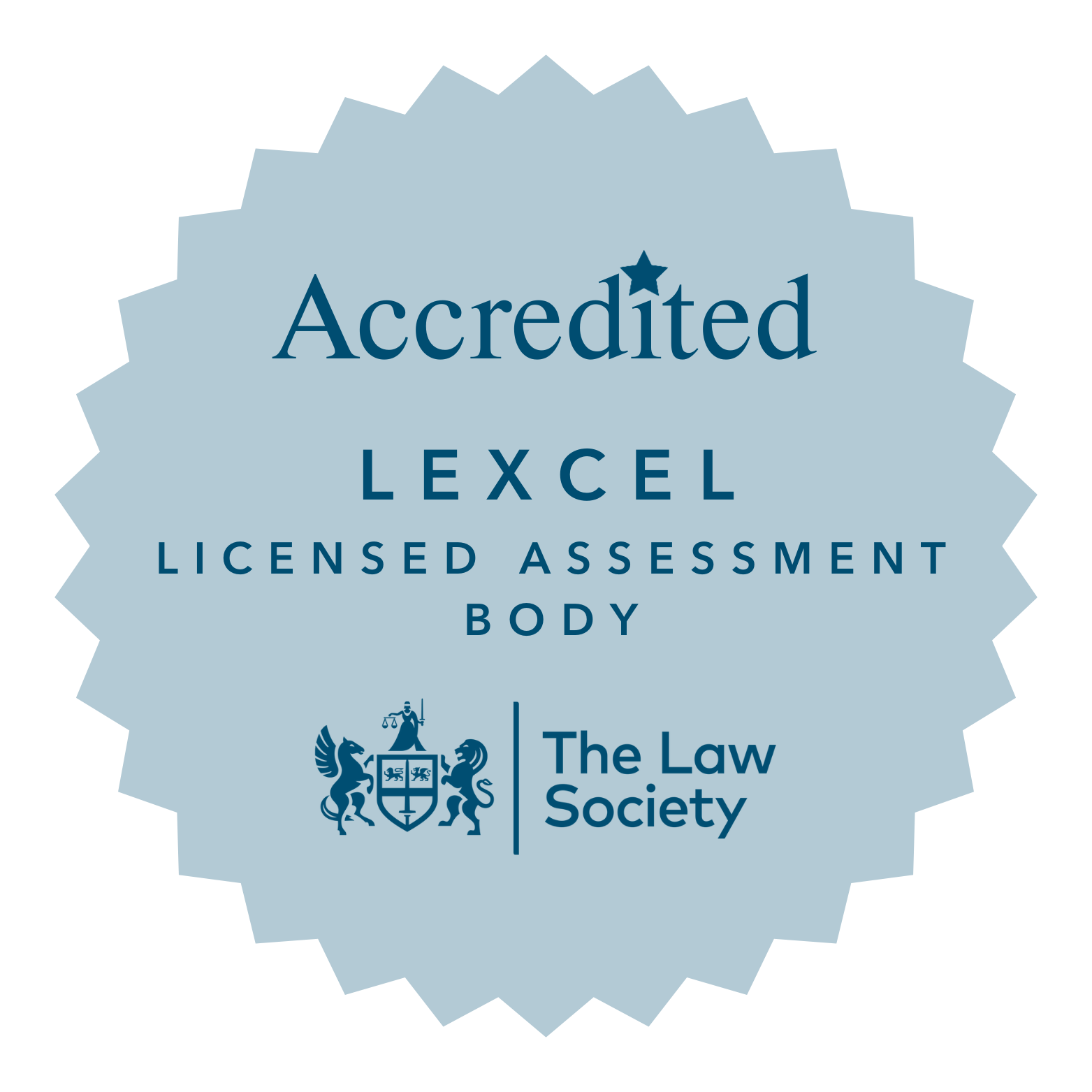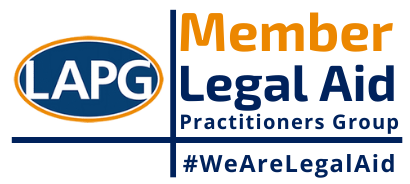In SL v Westminster City Council [2013] UKSC 27, [2013] All ER (D) 94 (May) The claimant suffered from depression and post traumatic stress disorder. The defendant local authority determined that the claimant was not in need of care and attention for the purpose of the National Assistance Act 1948, s 21(1)(a) but did provide support for him including monitoring his condition. The claimant applied unsuccessfully for judicial review of the decision and he subsequently appealed successfully to the Court of Appeal (Civil Division). The Supreme Court allowed the authority’s appeal holding that the authority’s assessment could not have been regarded as irrational.
What issues did this case raise?
The case concerned the scope of obligations of local authorities under the National Assistance Act 1948, s 21(1)(a) (NAA 1948) to provide accommodation to individuals who by reason of age, illness, disability or any other circumstance are in need of care and attention which is not otherwise available to them.
SL was a failed asylum seeker from Iran who suffered from depression and PTSD. In December 2009 he had been admitted to hospital following an overdose and by April 2010 he was ready to be discharged, into the care of his local Community Mental Health Team. Upon discharge SL was assessed as needing regular sessions with mental health professionals and counselling groups and also weekly meetings with a social worker.
Westminster City Council argued they were under no duty under s 21(1)(a) to provide SL with accommodation. It was argued that SL was not in such need, given that the purpose of his weekly meetings with a social worker were only a means of monitoring what if any need for care and attention he may need in the future. Westminster City Council also argued that needs which require the provision of accommodation under s 21(1)(a) must be accommodation related. Any assistance that SL may need therefore was ‘otherwise available’ for the purposes of s 21(1)(a) because it was available to him regardless of his accommodation arrangements.
Did the judgment help to clarify the law in relation to ‘care and attention’ and who is in need of it?
SL brought a claim for judicial review that challenged this decision. He lost before Burnett J but succeeded in the Court of Appeal (Laws, Richards, Rimer LJJ), on the basis this support amounted to ‘care and attention’ and it was not ‘otherwise available’ because it was not reasonably practicable or efficacious to supply it without the provision of accommodation, ie SL would not benefit from it unless he had somewhere to live.
The Supreme Court (Lord Neuberger, Lady Hale, Lord Mance, Lord Kerr, Lord Carnwath) unanimously ruled in favour of Westminster City Council and upheld the first instance decision by Burnett J, finding that Westminster had been reasonably entitled to take the view that the social work support offered (and taken up) did not amount to care and attention and that, even if it had, it was otherwise available, in that it was available other than through the provision of accommodation, ie it was not accommodation-related.
With regard to how this issue should be decided in the future the Supreme Court concluded that while the analysis may not be straightforward in every case, ‘it was best left to the judgment and common-sense of the local authorities concerned and would not normally involve any issue of law requiring the court’s intervention’.
Is the judgment in line with current trends in this area?
The decision provides a significant victory for local authorities, in particular because it is contrary to the Court of Appeal’s very wide formulation of the test for ‘otherwise available’. The need must be accommodation related so that if someone with mental health problems needs to be monitored closely within their home in case they harm themselves or others then this would be sufficient to find a duty, but anything short of this would not.
Are there any remaining grey areas?
While the decision tells us that general social work support including monitoring, advice and encouragement is not enough to qualify for s 21, it is somewhat opaque on what exactly would qualify as care and attention.
What we do know is that it is not enough to qualify for s 21 if:
- all that is provided to the service user is general social work support by way of advice, assistance and monitoring, and
- where what is provided by way of services is not accommodation related
What should lawyers advise their clients?
Practitioners need to be aware of borderline cases where what is provided is more that general social work support but not as much as assistance with feeding, washing etc. Such cases may result in further legal challenges in the future to establish the boundaries of this decision.
Sheetal Shah was interviewed by Evelyn Reid.
This article was first published on Lexis Nexis and you can get more articles like this from Lexis at www.lexisnexis.com/uk/lexispsl


